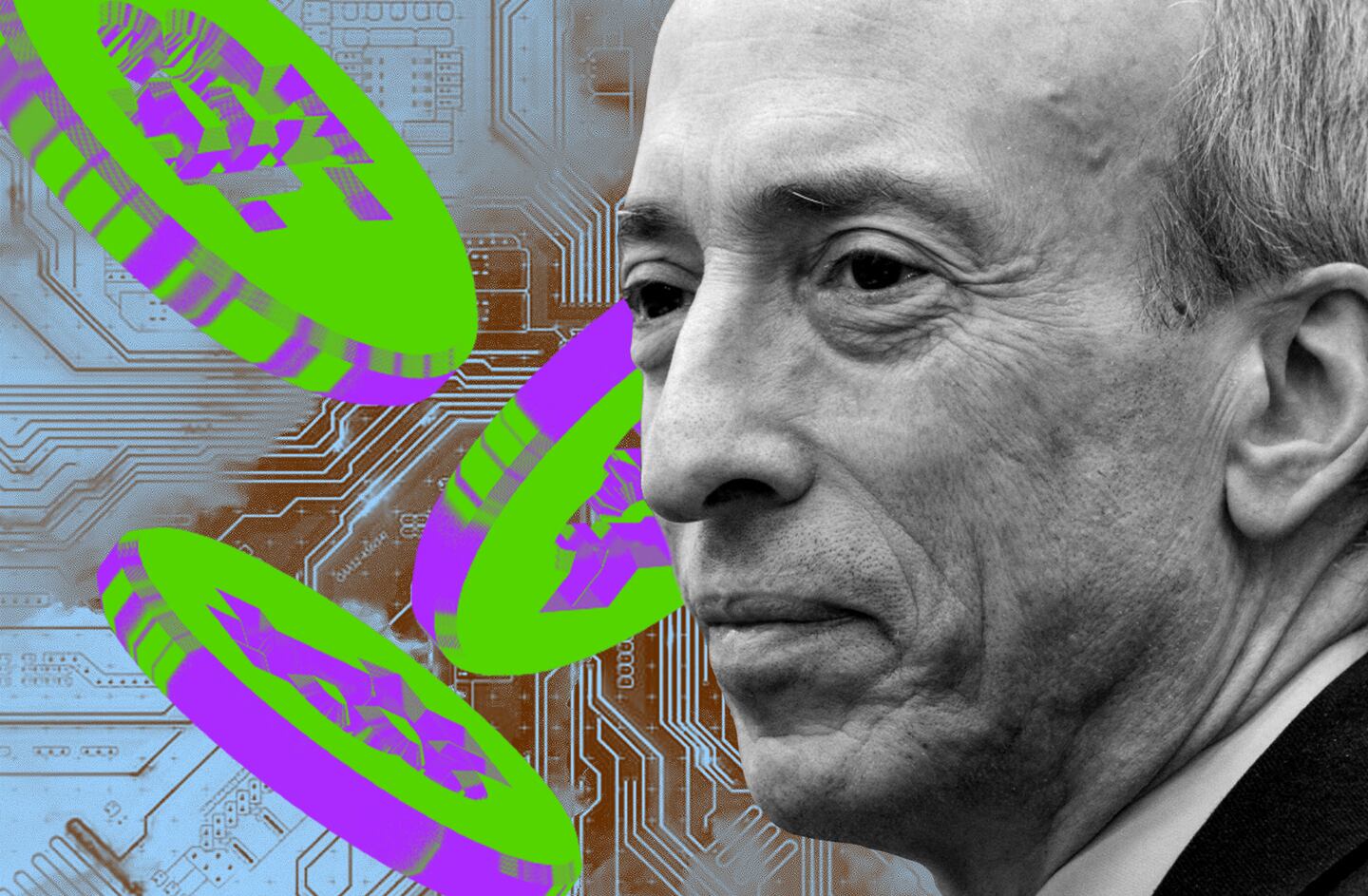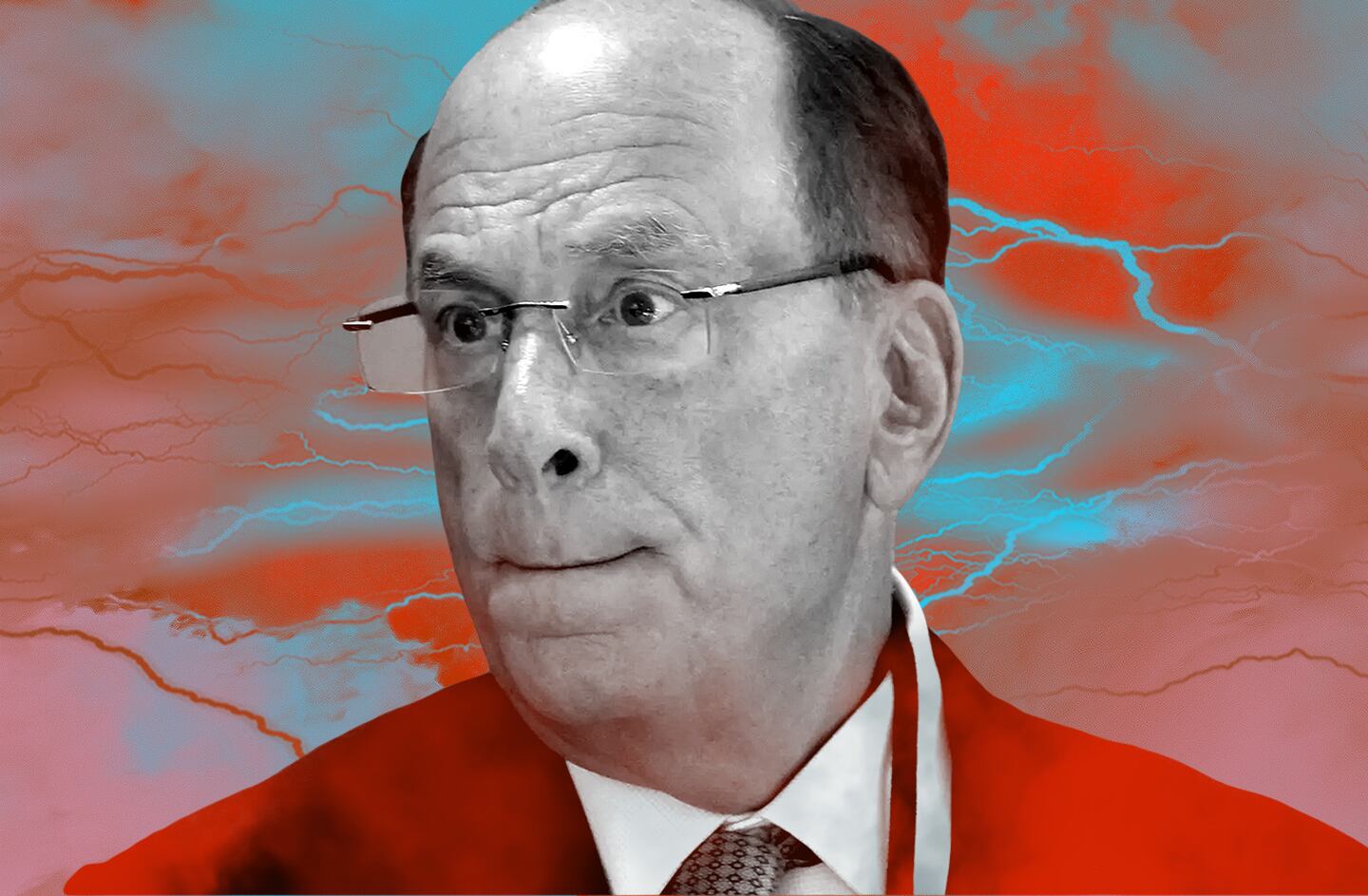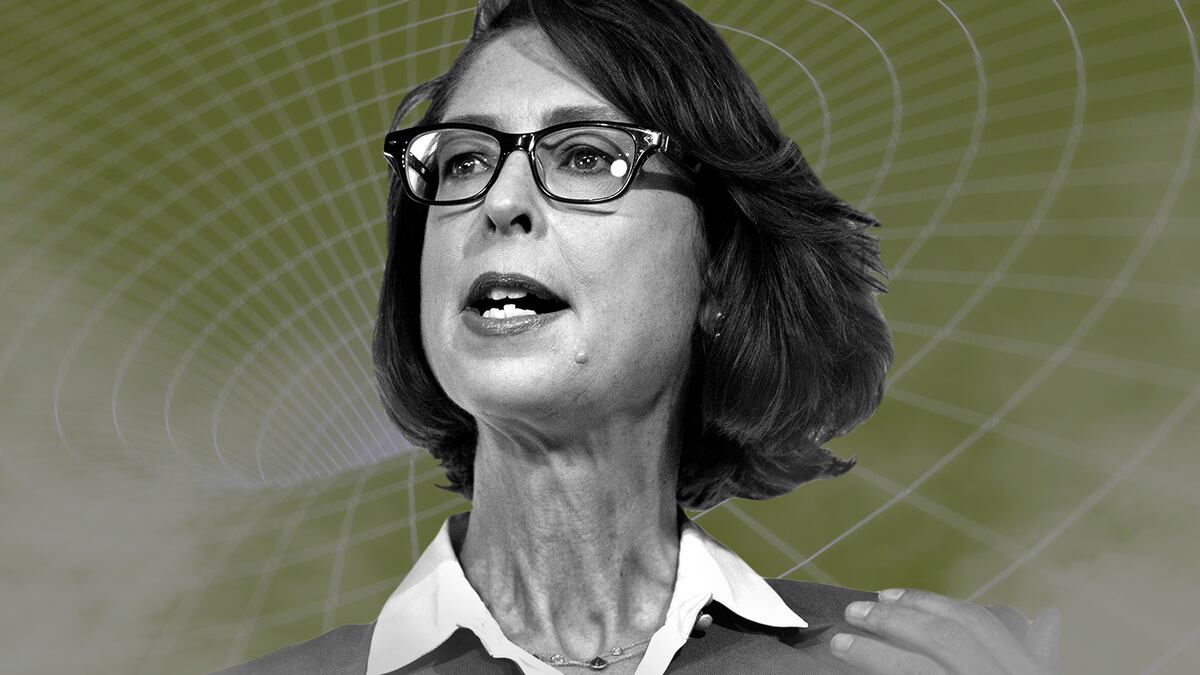- SEC confirms breakthrough approval late Wednesday after investors were whipsawed by rumours and speculation.
- Bitcoin ETFs usher in new mainstream era for crypto investing.
- Agency head Gary Gensler strikes defiant note in statement.
It’s happening. For real.
In a hotly anticipated decision that helped drive a crypto rally and captivated the market, the US Securities and Exchange Commission on Wednesday approved multiple applications for a spot price Bitcoin exchange-traded fund.
The SEC approved 11 applications, including those from BlackRock, Fidelity, and Franklin Templeton. The regulator also approved digital asset manager Grayscale’s application to convert its Bitcoin trust to a spot Bitcoin ETF.
“I am happy to confirm that the Grayscale team has received necessary regulatory approvals to uplist GBTC to NYSE Arca,” a Grayscale spokeswoman told DL News.
Fidelity is working closely with the SEC to finalise the registration process for its Bitcoin ETF, a source with knowledge of the matter told DL News.
Wild runup
The landmark decision follows a rollicking few days as investors nervously waited for the agency to give a Bitcoin ETF the green light.
Early on Wednesday, issuers filed to accelerate listing earlier in the day, with the intention to begin trading Bitcoin ETFs from Thursday.
Cboe Markets then released separate notices stating that six Bitcoin ETFs would begin trading on Thursday.
‘The goalposts kept moving as the Commission slapped ‘DENIED’ on application after application.’
— Hester Peirce, SEC commissioner
The uncertainty continued into the afternoon in New York. The SEC caused further confusion after market close when it appeared to post an announcement that it had approved applications, before pulling the document from its website minutes later.
Bitcoin was trading north of $46,000 in late afternoon action New York time, which was about flat over the last 24 hours.
The leading cryptocurrency by market capitalisation has gained more than 6% in the last seven days, according to CoinGecko.
Gensler is defiant
SEC Chair Gary Gensler finally weighed in with a lengthy statement late in the day. Gensler conceded that an appellate court ruling last year finding the agency had failed to adequately explain why it rejected Grayscale’s application to convert its listed Bitcoin trust into an ETF had an impact on Wednesday’s action.
Yet he struck a defiant note by reaffirming that in his view most cryptocurrencies fall under the purview of existing securities laws, and should be registered with the agency like stocks and bonds.

“As I’ve said in the past, and without prejudging any one crypto asset, the vast majority of crypto assets are investment contracts and thus subject to the federal securities laws,” he said. “[The approval of ETFs] should in no way signal the Commission’s willingness to approve listing standards for crypto asset securities.”
Yet longtime opponents of Gensler couldn’t help highlighting his increasingly tenuous position. SEC Commissioner Hester Peirce, a longtime crypto advocate, said that without the appellate court ruling, the approval process would have taken longer than a decade .
“For reasons I have explained many times before, the logic of the long string of denials is perplexing,” Peirce said in a statement released by the SEC Wednesday. ”The goalposts kept moving as the Commission slapped ‘DENIED’ on application after application.”
Turning point for Bitcoin
In the works for months, the SEC’s approval of these spot Bitcoin ETFs marks a turning point for Bitcoin’s journey from an exotic digital asset trashed by Wall Street bigwigs to a mainstream instrument with a welcome place in retail investors’ portfolios.
A spot ETF “stands to open Bitcoin up to a much broader swathe of investors,” CF Benchmarks CEO Sui Chung, told DL News.
“We look forward to working with asset-allocators as they incorporate this new asset-class into their portfolios and models, significantly increasing the number of investors who could have Bitcoin exposure,” Chung said, alluding to his firm’s role as indices provider for several of the ETFs, including BlackRock’s.

While Bitcoin futures ETFs, which track the forward price of the digital asset, already trade in the US, spot products have remained elusive because they are simpler and easier to use by average investors.
The SEC previously argued that futures products were approved as they were based on the CME futures market. In Wednesday’s approval filing the regulator changed its approach.
“The Commission is able to conclude that fraud or manipulation that impacts prices in spot Bitcoin markets would likely similarly impact CME bitcoin futures prices,” the regulator said in its approval order.
A long quest
Since 2013, Bitcoin champions such as the Winklevoss twins and Grayscale have pushed for the approval of a spot product to expand direct access to the digital coin to investors. Introduced 30 years ago, ETFs are cheap to trade and perform like stocks so investors can move in and out of them with just a few mouse clicks.
Arguing that Bitcoin fund providers had failed to ensure their products would not be vulnerable to fraud and market manipulation, the SEC has repeatedly denied applications by crypto fund providers over the years.
But after Wall Street stalwarts such as BlackRock’s iShares unit, Fidelity, Cathie Wood’s ARK Invest, and Franklin Templeton applied for Bitcoin ETFs the agency appears to have changed its position.
Larry Fink, BlackRock’s influential CEO, went out of his way several times last summer to appear on business television programs and trumpet the benefits of Bitcoin. His commentary appeared to signal a dramatic shift in the mindset of the financial establishment.
Story of the summer
Indeed, Bitcoin ETFs dominated the summer after BlackRock, the largest asset manager globally with over $9 trillion in assets under management, filed for a spot Bitcoin fund in June.
Following the surprise application from its iShares ETF unit, WisdomTree and Valkyrie filed similar applications. Abby Johnson’s Fidelity later joined the race.
Driving traditional finance giants is a generational shift in their clientele. BlackRock plans to offer low-cost savings plans that use ETFs to lure more retail investors in Europe, the Financial Times reported earlier this year.
And a third quarter insights report by Coinbase shows that more than one in three people from the millennial and Gen Z age brackets own crypto, while only 12% of older generations do.
Anticipation of approval has been growing since August. Digital asset manager Grayscale won its appeal to overturn the SEC’s rejection of its proposal to convert its closed-end Bitcoin trust into a spot ETF at the end of the summer.
Meantime, lawmakers on Capitol Hill increasingly started putting pressure on Gensler to explain the SEC’s opposition to the crypto industry and whether business leaders such as Brian Armstrong, the CEO of Coinbase, was right when he said the agency was not negotiating in good faith on issues such as registration.
On Wednesday, Representative Patrick McHenry, a Republican from North Carolina and influential lawmaker on financial issues, hailed the SEC’s approval as a “historic milestone for the future of the digital asset ecosystem in the United States.”
“While legislation to provide clarity and certainty for digital assets remains necessary, the steps taken today are a significant improvement over the SEC’s track record of regulation by enforcement,” he said in a joint statement with Representative French Hill, a Republican from Arizona.
Next comes Ether
Now Grayscale will be competing in a crowded field as traditional asset managers deploy their considerable marketing muscle to sell their new products. As for investors, they may now turn their focus to spot price Ether ETFs.
BlackRock and Fidelity have both filed applications to the SEC for approval to begin offering those funds to investors soon.
With reporting by Thomas Carreras and Aleks Gilbert.
Updated on January 10 with new comments from issuers, statements from Gensler, Peirce, and McHenry, and fresh market prices.
Adam Morgan McCarthy is a markets correspondent for DL News. Have a tip? Contact the author at adam@dlnews.com.


